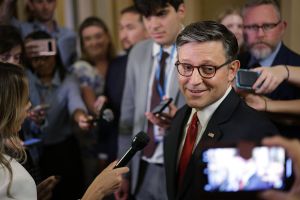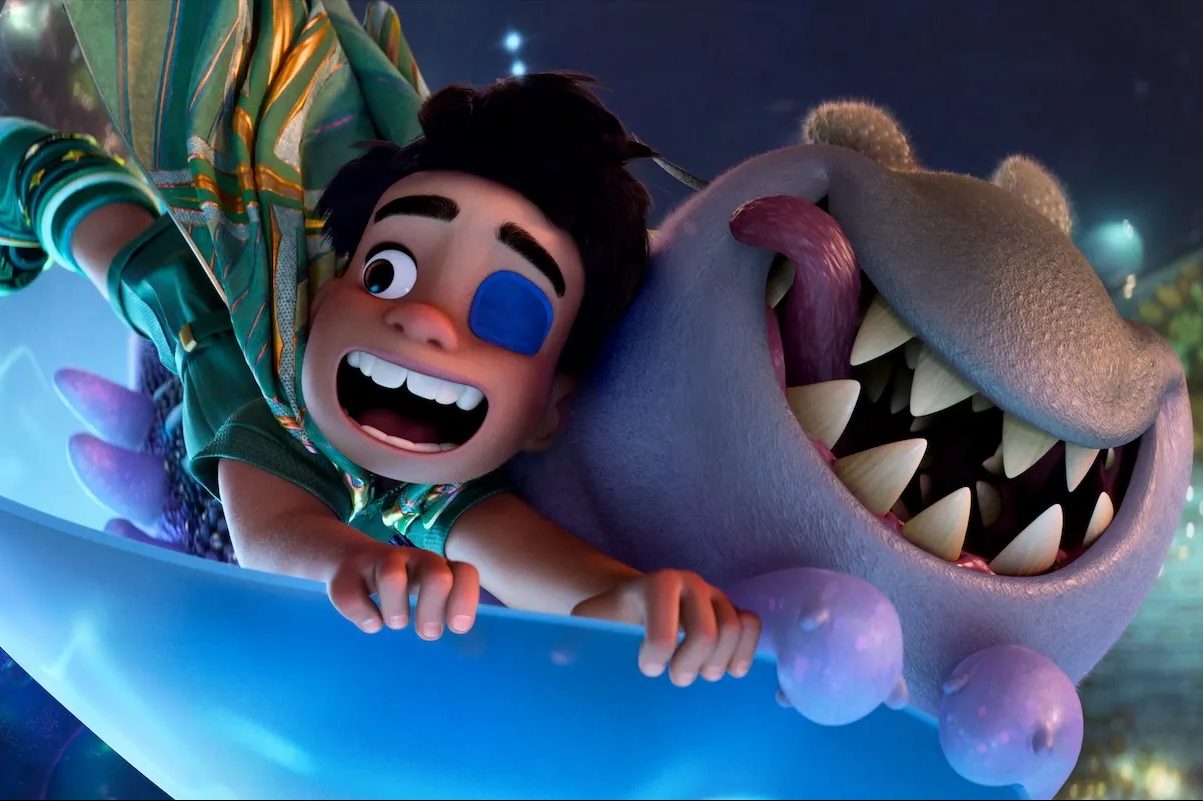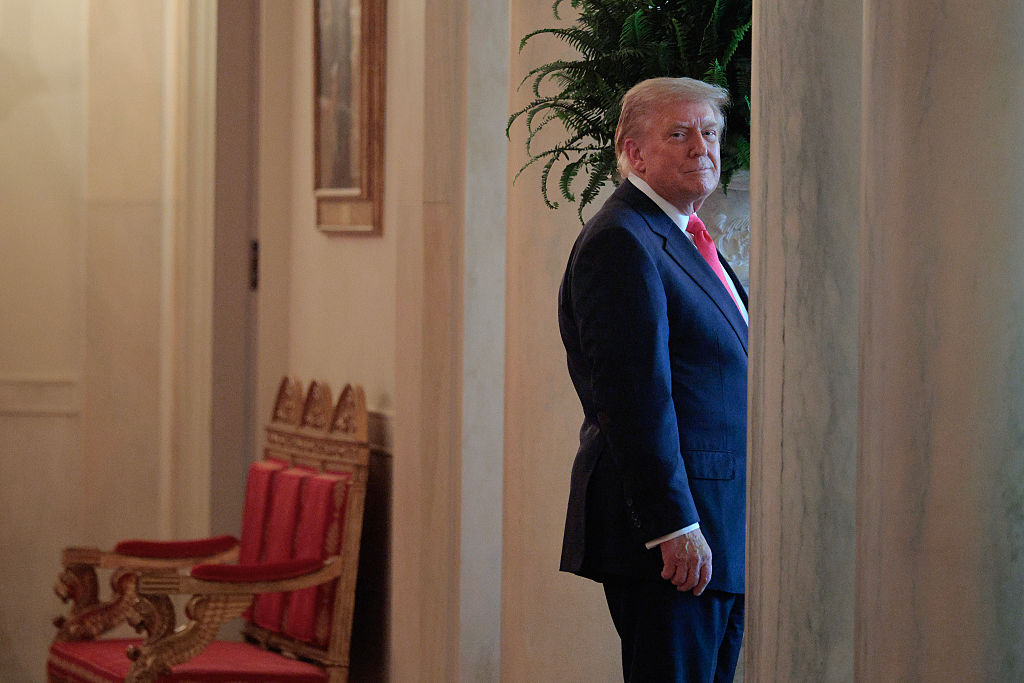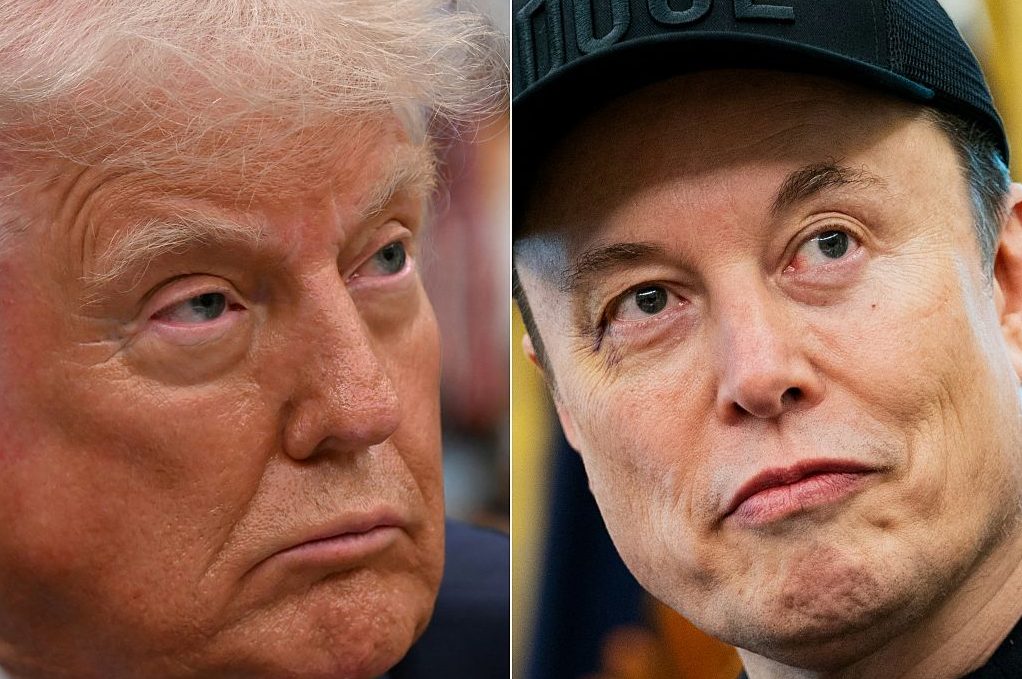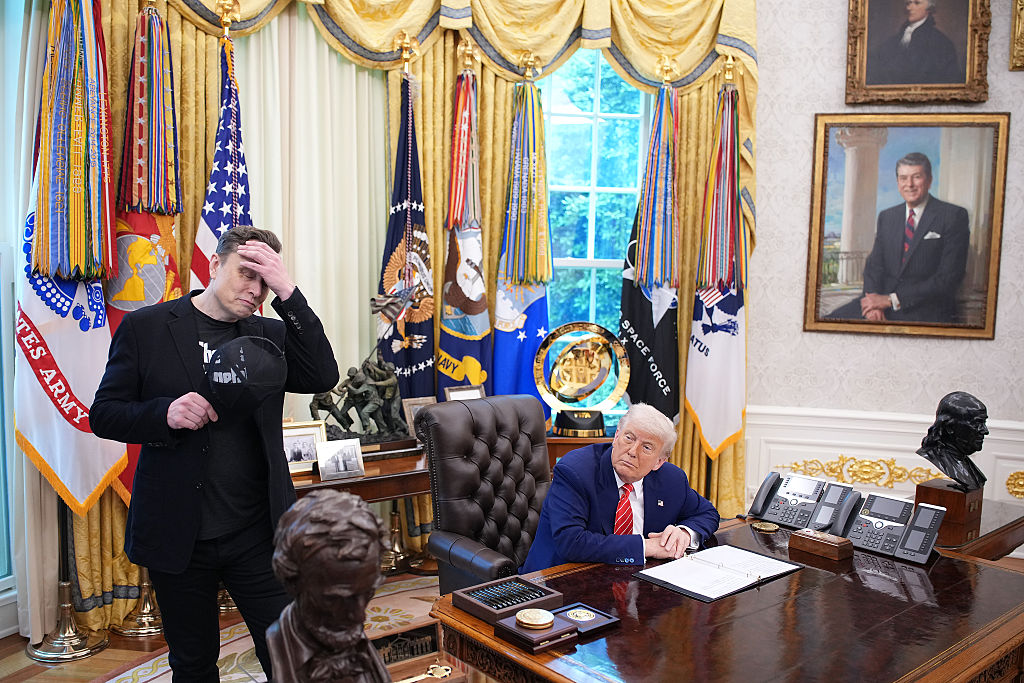My niece was seven or eight years old when she called to invite me to a school event.
“It’s Mother-and-Daughter Day at my school!” she exclaimed, adding that I had to be there because she and her twin sister wanted to show me their classroom and meet their friends.
I thanked her for including me but added that I’m not her mommy; I’m her auntie.
“But you’re like a mommy,” my niece said, with a tilt in her voice as if I didn’t understand what was immensely obvious to her. “Auntie! You have to come,” she pleaded. I was there with bells on.
I’m fortunate that my nephew and nieces have always lived nearby, and that my sister-in-law and brother have generously embraced my participation in their children’s lives whenever possible. I’ve been a trusted figure in their kids’ lives from the day they were born. I’ve changed diapers, given baths, played with toy trains, read Fancy Nancy and taken them on annual birthday “Auntventure Days” to visit Eloïse at the Plaza Hotel, to explore the Intrepid museum, to see Cinderella on Broadway and bake unicorn rainbow cookies.
And yet, I wasn’t satisfied with being an aunt. For much of their younger years, I was still hoping to do some of those things with my own children. But a broken heart here, a dating dry spell there, and — as hard as I tried to hold onto to hope — life unfolded in such a way that left my dream of motherhood behind.
In 2008, I founded Savvy Auntie, an online community designed primarily for people like me: PANKs (Professional Aunts No Kids), a demographic term I coined for the women having their first child later, if ever, and loving the children in their life – their nieces and nephews by relation and by choice. It’s a growing group, but one that remains much misunderstood.
In 2009, I established Auntie’s Day® as a day set aside to honor and celebrate the aunts in a child’s life. It occurs annually on the fourth Sunday in July. This year, the fifteenth annual Auntie’s Day is Sunday July 23.
In the years since, I’ve partnered on several national surveys to better understand this tribe of child-loving women. What we found throughout is that this cohort is generous with their discretionary income and time. They may be secondary caretakers, but they are primary gift givers — and not only the $61 billion they spend on toys, apparel, and entertainment per year.
Generation PANK, my 2018 report on the social and economic influence of PANKs, found that 67 percent of PANKs have helped a parent out financially to help support their children, and 63 percent have contributed to a niece’s or nephew’s education.
And while 91 percent of PANKs say that their role as aunt is “very important,” and 83 percent feel appreciated by the parents, only 28 percent feel recognized by society as a whole for the role they play in family life.
“The childless have little stake in the future,” Twitter’s CEO, Elon Musk, tweeted on July 1. The tweet is part of his ongoing campaign to highlight his concern for the “global population collapse [as a] major risk to the future of civilization.”
I’m sympathetic to Musk’s concerns. Countries such as South Korea and Japan are in danger of collapse due to dangerously low birthrates, and are harbingers for other countries, including the US where the current fertility rate is 1.66, down from 2.12 just fifteen years ago.
In the debates about fertility and childlessness, the biggest misconception is that women who don’t have children are happy about that fact. Data scientists and demographers like Stephen J. Shaw, director of the documentary Birthgap: Childless World, are helping bring these concerns to the forefront. He traveled the globe to learn why women are not having children and found most women want or had wanted to have children, but remained single, or were married but to a partner who did not want children. He calls this “unplanned childlessness.”
Earlier this year, the CDC published the National Survey of Family Growth, reporting that 45 percent of women ages 15-49 were childless. Ten percent of women of fertile age were childless-by-choice, three percent suffered from infertility, and one-third of childless women (32 percent) are what the CDC calls “temporarily childless.” These women desire to have at least one child, though most (80 percent) are single and hoping to marry before motherhood. These data of course don’t include those of us outside the ovulation window who remain childless, not by choice.
To dismiss all those who don’t have children as not caring about the future is not only cruel, it’s wrong. In fact, non-parents have played a vital role in our evolution. Without us, experts say, the human race would not have survived.
According to the esteemed anthropologist and primatologist, Sarah Hrdy, humans evolved as “cooperative breeders,” whereby a young child’s older sisters, grandmothers, and aunts helped raise them. These alloparents, as Hrdy called these family members, helped the mother care for and provide for their young.
Evolutionary psychologist Steve Stewart-Williams writes in The Ape That Understood the Universe, that children require more care than a mother can provide alone. “Unlike most female apes,” he writes, “human mothers need help.”
Stewart-Williams’s colleague, Andrew Thomas, also an evolutionary psychologist, told me that “alloparental care has been invaluable for 99 percent of human history.”
In modern societies today, the role of the childless aunt remains valuable. When working moms need a break, Auntie spends uninterrupted playtime with a baby, helping develop their cognitive, social, and emotional skills. Later, an aunt becomes a trusted “confidAunt” a niece or nephew can turn to. Some aunts become “ParAunts”: legal guardians of their nieces and nephews, when one or both parents are no longer able to care for their own children.
Musk of all people should know that one need not be a parent to have a stake in the future. He named his own company Tesla, Inc., inspired by Nikola Tesla, the great innovator, inventor and futurist who never had children of his own.










